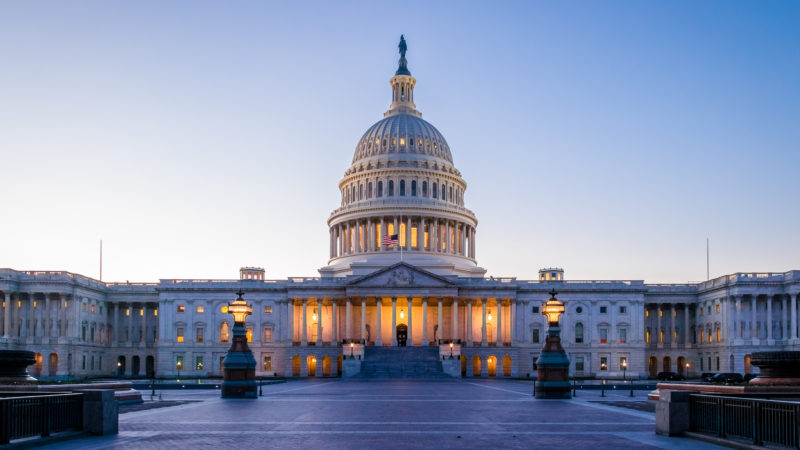By Gavin Clingham
You’ve likely heard rumblings about a renewed effort to pass a signature element of President Biden’s economic agenda, the Build Back Better plan.
When the House passed Build Back Better, it was a comprehensive package that included provisions to support children and caregivers (free pre-school, paid family leave), address climate change, improve health care (bring down drug costs to government and individuals), and support the middle class (housing, nutrition, education). It also proposed changes to the tax code to pay for these programs. But, Build Back Better did not have the votes to pass the Senate and was dropped just before the New Year.
Fast forward to today. Talks are resuming, deals are being cut, and legislation is being drafted. What can we expect?
For one, we know that Democratic senators have reached an agreement to allow the Centers for Medicare and Medicaid Services to negotiate certain drug prices within the Medicare program. This would be the first time that the agency would be given such authority. The proposal has been sent to the Senate Parliamentarian to ensure it meets the reconciliation rules.
So how can the Senate actually pass this – and the other House-approved – legislation? The likeliest path in the Senate would require breaking Build Back Better into separate legislative vehicles.
- One legislative package can use the reconciliation process, allowing passage with a simple majority – in this case, the 50 Democratic senators. As mentioned, there seems to be some consensus on drug pricing and tax reform – both meet the reconciliation rules and could garner the needed votes. Democratic senators are currently trying to reach agreement on energy/climate, tax and deficit reduction policies to include in this process.
- If that doesn’t gain a majority, a second package could go through regular order and update climate and energy policies. This would require bipartisan negotiations and securing at least 10 Republican senators to join all Democrats.
The remaining provisions of BBB, such as family leave, child tax credit renewal and universal pre-K – well, they will likely be left behind.
Each set of priorities faces challenges in the Senate, not to mention the House.
President Biden and Democratic members are counting on passing these policies to deliver on their promises – but time is getting tight. They are closest to addressing some drug pricing policies, but the other priorities seem further away.

Gavin Clingham is a partner and senior vice president at Woodberry Associates.
